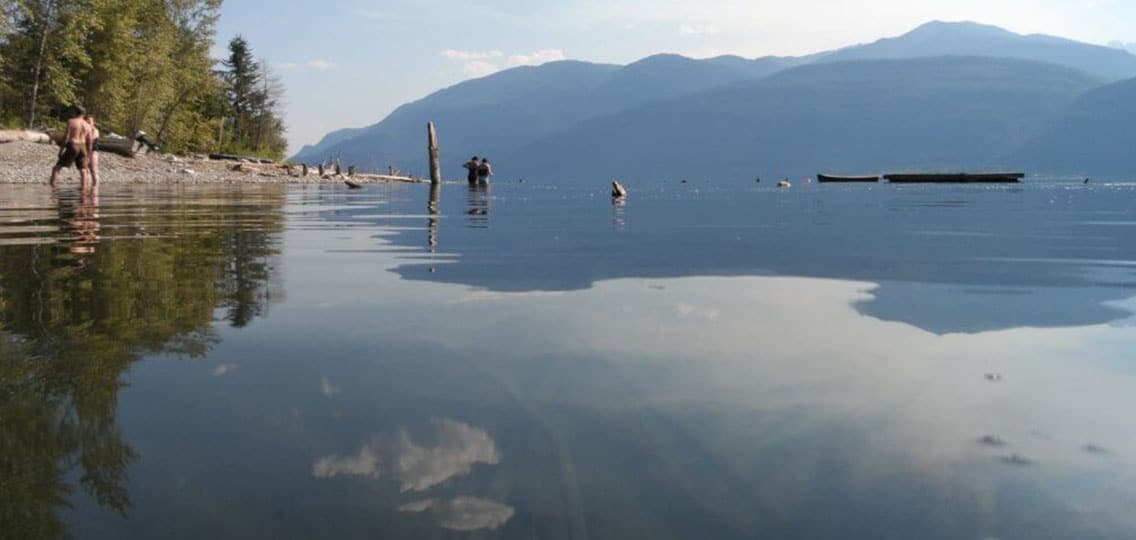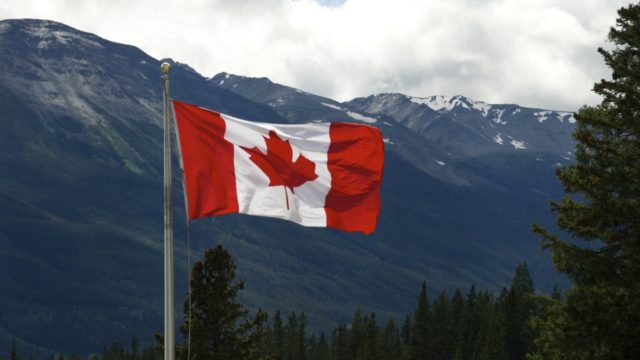Environmental protection is the civil rights issue of this generation. Rights are a reflection of what matters most to a society, and at this point in history, few things pose a greater risk to the health and well-being of individuals and communities as the health of our planet.
Recognition of environmental rights is a global phenomenon. From Argentina to Zambia governments are stepping forward to recognize some form of a right to a healthy environment in national constitutions. International bodies, regional authorities and local municipalities all over the planet are declaring rights to clean air, clean water and uncontaminated land.
Environmental rights are enjoyed in over half the countries of the world either through international agreement or by provisions of national constitutions.
Despite this global trend, environmental rights remain largely unconfirmed in Canada. The Canadian Charter of Rights and Freedoms does not address environmental protection or environmental health.
Environmental rights are recognized by only four provincial and territorial laws: Quebec, Ontario, Northwest Territories and the Yukon.
British Columbia does not recognize or protect environmental rights. Nor does it have any environmental rights statutes. BC also lacks a provincial Charter of Rights and Freedoms. Furthermore, environmental rights are not protected in the BC Human Rights code.
Our report, Restoring the Balance: Recognizing Environmental Rights in British Columbia, is aimed at the public and policymakers alike. It explores the growing global recognition of environmental rights, and considers how environmental rights could be recognized in BC.
The report is divided into three parts. Part I provides an investigative overview of environmental rights. Part II examines how environmental rights have been recognized in other countries. Part III considers options for recognizing environmental rights in BC.
The report also includes a model environmental rights provisions as well as a draft municipal declaration of environmental rights.
Part I: What are environmental rights
Environmental rights recognize and seek to protect the quality and health of the environment essential to human life and dignity.
For example the Constitution of Argentina recognizes that “All inhabitants enjoy the right to a healthy, balanced environment which is fit for human development so that productive activities satisfy current needs without compromising those of future generations; and have the duty to preserve the environment. Damaging the environment generates the obligation to repair it, as a priority, in the manner that is established by law.”
In 2005 the Republic of France amended its constitution to include a Charter for the Environment that recognizes among other things, a person’s “right to live in a balanced environment which shows due respect for health.”
Most recently Ecuador passed a new Constitution that recognizes the individual and community right to healthy environment as well as direct rights for nature.
Part II: Why are environmental rights important
Rights reflect what matter to a society.
When a right meets an interest, the right almost always wins. While some legislation in BC refers to a public interest in environmental protection, none of the province’s environmental protection laws recognize individual or collective environmental rights or grant any inherent rights to nature. When conflicts arise over the development of resources and the associated pollution or environmental harm, the conflict is almost always framed as a debate between private rights to do an activity versus a public interest in protecting the environment. In a legal challenge a right almost always beats an interest.
Recognizing environmental rights in BC restores the balance between industrial development and environmental protection. Recognizing environmental rights also gives a voice and power to those most vulnerable to the harmful effects of development to address the disproportionate impacts that some environmental harm has on certain individuals.
For example:
- A court in the Philippines has ordered the clean up of the highly polluted Manila Harbour based on the constitutional right to a balanced and healthful ecology.
- The Costa Rican constitutional court ordered the halt to the unsustainable sea turtle fishery based on the constitutional right to a healthy and ecologically balanced environment.
- The Argentinean Court ordered the government to provide drinking water to poor families living along the Suquia River after years of ongoing pollution from a malfunctioning sewage treatment plant.
All of these examples were of long standing environmental problems that victimized both marginalized communities as well as important environmental resources.
Part III: How do we get environmental rights in BC?
The provincial government has the power to recognize environmental rights by passing some kind of environmental rights law, such as an Environmental Bill of Rights.
Local governments have the power to pass regional or local government declarations of environmental rights. A growing number of cities around the world have declarations of environmental rights. A model municipal declaration can be found in Appendix B of this report.
Concerned citizens could go to court to seek judicial recognition of environmental rights – this has happened in a number of countries where the government has refused to recognize and protect citizens’ rights to a healthy and ecologically balanced environment.


